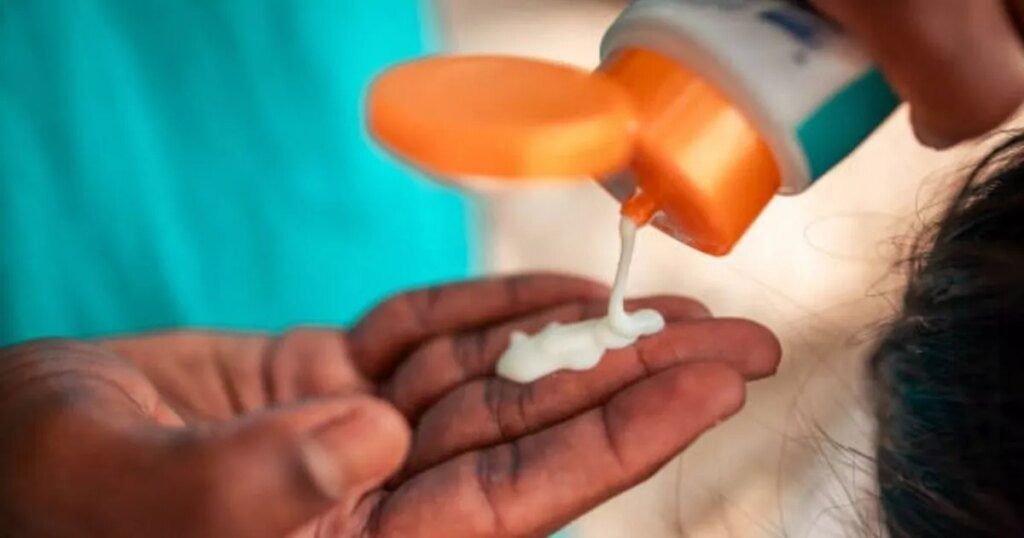Morrisons Moisturising Sun Spray SPF30 Fails SPF Protection Standards
Morrisons’ own-brand sun protection product, the Moisturising Sun Spray SPF30, has failed rigorous safety testing, raising concerns among consumers. This shortfall effectively places it in the “Don’t Buy” category according to Which?, a consumer advocacy group known for its thorough product assessments.
Testing Overview and Findings
Key Results from Which?
Which? recently tested 15 popular sun creams to evaluate their effectiveness in providing adequate sun protection. Unfortunately, the Morrisons Moisturising Sun Spray did not meet the minimum requirements for SPF (Sun Protection Factor) protection, despite advertising its SPF level as 30. Specifically, the product’s UVA protection levels were found lacking, scoring 25.7 and 20.7 in retests, which is significantly below acceptable thresholds.
Expert Insights
Natalie Hitchins, head of home products and services at Which?, expressed her concern:
“It’s really concerning that widely available sunscreens could be putting families at risk by failing to offer the level of sun protection claimed on the packaging.”
Safer Alternatives Available
In contrast to the Morrisons product, several other sun creams passed the tests, including affordable options from Aldi and Lidl. Notable products that received positive ratings include:
- Boots Soltan Protect & Moisturise Suncare Lotion SPF30 – £5.50/200ml
- Nivea Sun Protect & Moisture Lotion SPF30 – £7.90/200ml
- Superdrug Solait Sun Spray SPF30 – £5.50/200ml
- Sainsbury’s Sun Protect Moisturising Lotion SPF30 – £5.50/200ml
Shoppers are advised that they do not need to spend a fortune to safeguard their families from harmful UV rays; affordable and reliable options are readily available.
Response from Morrisons
In light of the recent findings, a spokesperson from Morrisons stated:
“We work closely with our supplier and conduct extensive efficacy and safety testing during product development. All our sun care products are tested to the relevant industry test standards.”
The company claims that all tested variants consistently achieved an SPF of 30, and following Which?’s report, further tests indicated the product actually reached an SPF value of 34.5, allowing it to be marketed as SPF 30.
Conclusion
The recent analysis of sun care products highlights the importance of checking the efficacy of sun protection options prior to purchase. It is evident that while name brands may fail, affordable and effective alternatives do exist. For those interested in exploring other sunscreen options that meet the required standards, consider checking out Which?’s official testing results.
Stay safe in the sun with reliable protection!


